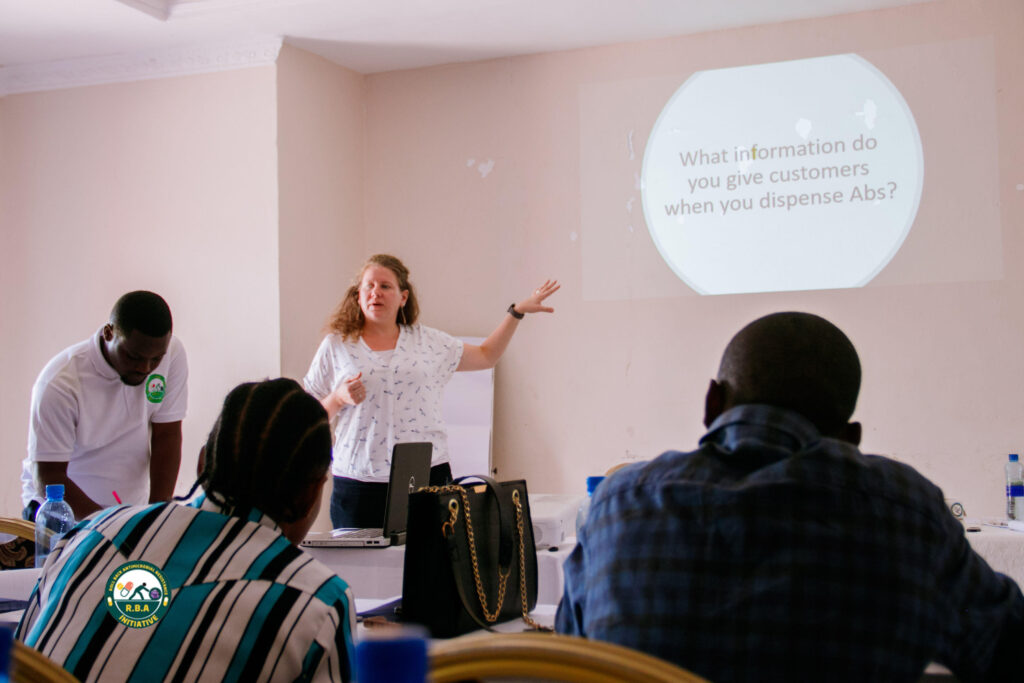The project aims to enhance antibiotic stewardship by empowering citizens to make informed choices about drug sellers and their practices. Through participatory citizen science, we are not just enforcing regulations but fostering a culture of responsibility in antibiotic use. The program will set up a robust system of surveillance, publicity, and incentives to encourage drug sellers to adopt better stewardship practices and adhere to established dispensing regulations. By supporting sellers who prioritize responsible use, we can collectively improve public health and preserve the effectiveness of antibiotics for future generations.
This project is a partnership between the ‘Roll Back Antimicrobial Resistance Initiative’ (RBA Initiative), Dodoma, The School of Geography and Sustainable Development at the University of St Andrews (SGSDUSA), St Andrews, Scotland, UK, and the Catholic University of Health and Allied Sciences (CUHAS), Mwanza. It pilots an integrated supply- and demand-side oriented intervention to improve antibiotic (AB) stewardship practices among drug sellers in Dodoma, Tanzania.

The project is an action-oriented pilot intervention that aims to test the effectiveness of an integrated ecosystem of public health information and market-based incentives. These are designed to change simultaneously the demand and supply behaviors related to unprescribed (i.e. de facto ‘over-the-counter’) access to antibiotics. Presently, many people believe that antibiotics are a cure-all, do not understand that some drugs are prescription, or how to use antibiotics safely. Meanwhile, many drug sellers, through a combination of market pressure, inadequate regulatory surveillance, and poor practice, are prepared to dispense antibiotics without prescription, often for conditions that are probably viral, and in sub-therapeutic courses.
This project draws on theoretical insights from the Theory of Planned Behaviour (Ajzen 1991), Community Participation (see Kadariya et al. 2023), and New Materialism (Bard 2007, Bennett 2010, Gamble et al. 2019). It assumes that behavior change can be induced via a reinforcing combination of attitudes, subjective norms, and perceived behavioral control

